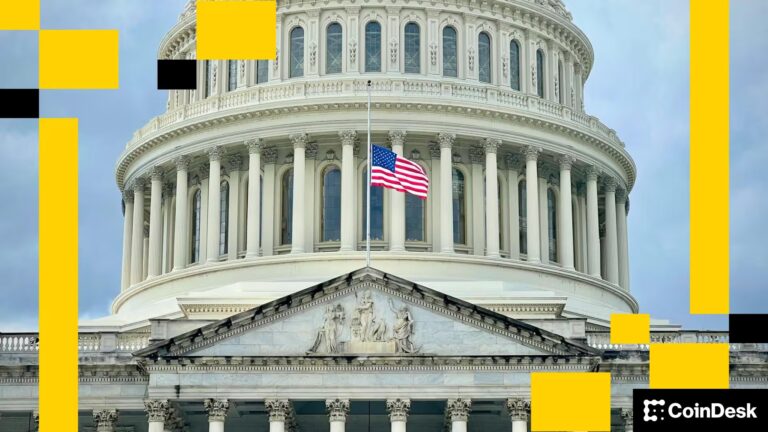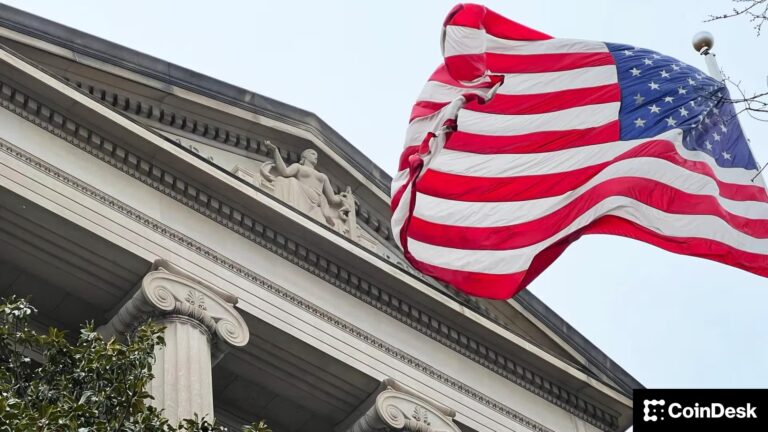ICIJ Uncovers Crypto’s Hidden Finance: “Coin Laundry”
Investigative Reporter Group ICIJ Reveals ‘Coin Laundry,’ Crypto’s Illicit Finance Network
A string of ICIJ reports expose a wide array of crypto-supported illegalities encompassing human trafficking rings, narcotics syndicates, Russian crime organizations, and cryptocurrency-to-fiat currency outlets globally.
By Ian Allison|Edited by Omkar GodboleUpdated Nov 17, 2025, 4:10 p.m. Published Nov 17, 2025, 8:48 a.m.

What to know:
- The ICIJ’s array of investigative pieces into the crypto space demonstrated how unlawful funds are channeled through leading exchanges like Binance, OKX, Coinbase, Kraken, Bybit, and Kucoin.
- Over 100 reporters hailing from over 35 nations collaborated with the ICIJ on the undertaking.
- ICIJ media associates encompass The New York Times, Le Monde, The Toronto Star, Malaysiakini, The Indian Express, and the Australian Financial Review.
The International Consortium of Investigative Journalists (ICIJ), a worldwide association featuring hundreds of journalists that aided in spotlighting prominent money laundering schemes, such as the Panama Papers, has shifted its focus to cryptocurrency and unearthed an almost limitless accumulation of wrongdoing.
The ICIJs succession of investigative reports on crypto, entitled Coin Laundry, illustrated the manner in which illegal monies are redirected through major platforms like Binance, OKX, Coinbase, Kraken, Bybit, and Kucoin.
The cryptocurrency funds monitored by ICIJ were associated with unlawful ventures across the globe, counting North Korean hackers, Chinese and Russian crime rings engaged in human smuggling, substances dealing like fentanyl, Mexico’s Sinaloa drug cartel, as well as openly executed transactions using “crypto-cash storefront” services in regions such as Ukraine and Dubai.
The ICIJ stated its conclusions reveal “how the proliferation of blockchain technology — combined with the rapidity, anonymity, and extensive global nature of cryptocurrency transactions — has covertly fostered a hidden monetary infrastructure that functions quicker, more opaquely, and further away from the jurisdiction of regulators and legal authorities.”
Practically speaking, this signifies a narcotics syndicate, as an example, can readily employ a completely fresh financial structure involving dollar-pegged stablecoins, for instance, to circulate capital, in contrast to the past when offenders would have to stash currency in the trunk of a vehicle, according to an analyst ICIJ conversed with.
“For many years, we’ve shown how secret capital navigates through overseas tax shelters. Now we’re uncovering how similar elements are leveraging crypto markets to transfer illicit funds in plain view,” stated ICIJ Executive Director Gerard Ryle in a declaration.
“Our probe poses critical inquiries: To what degree are major crypto exchanges complicit in facilitating unlawful activity? And why are regulators struggling to keep abreast of a monetary framework that flourishes on obscurity and velocity?” he inquired.
The digital currency trading sphere is examined by numerous prominent blockchain analytics firms that monitor illicit capital and dubious wallet addresses, many of whom are contracted to collaborate with the compliance sectors of the significant exchanges. The ICIJ inquiries seem to have leaned on certain smaller, self-governing blockchain investigators to undertake its assessment.
Over 100 journalists from more than 35 nations collaborated with ICIJ on the project. Media partners include The New York Times, Le Monde, The Toronto Star, Malaysiakini, The Indian Express and the Australian Financial Review.
Coindesk contacted Binance, OKX, Coinbase, Kraken, Bybit and Kucoin for feedback.
A representative for OKX declared the exchange addresses the highlighted matters gravely and embraces close examination of how exchanges challenge unlawful activity.
"At OKX, we work closely with law-enforcement agencies around the world and use a layered program that combines experienced compliance professionals, in-house AI–driven monitoring, and on-chain analytics, alongside partnerships with firms such as Chainalysis and networks like Beacon, to identify, restrict, freeze, or refer suspicious activity," the spokesman said.
A spokesperson for Kucoin mentioned that, akin to all primary financial organizations — whether traditional banks or digital asset platforms — criminal groups may attempt to exploit open financial systems. This does not suggest involvement, the spokesperson added.
"KuCoin operates a robust, multi-layered AML/CTF program aligned with international regulatory frameworks. We collaborate closely with leading blockchain analytics firms, conduct continuous transaction monitoring, and enforce strict KYC/EDD procedures across all user segments,” the spokesperson said.
UPDATE (Nov. 17, 10:15 UTC): Adds comment from OKX and Kucoin.



